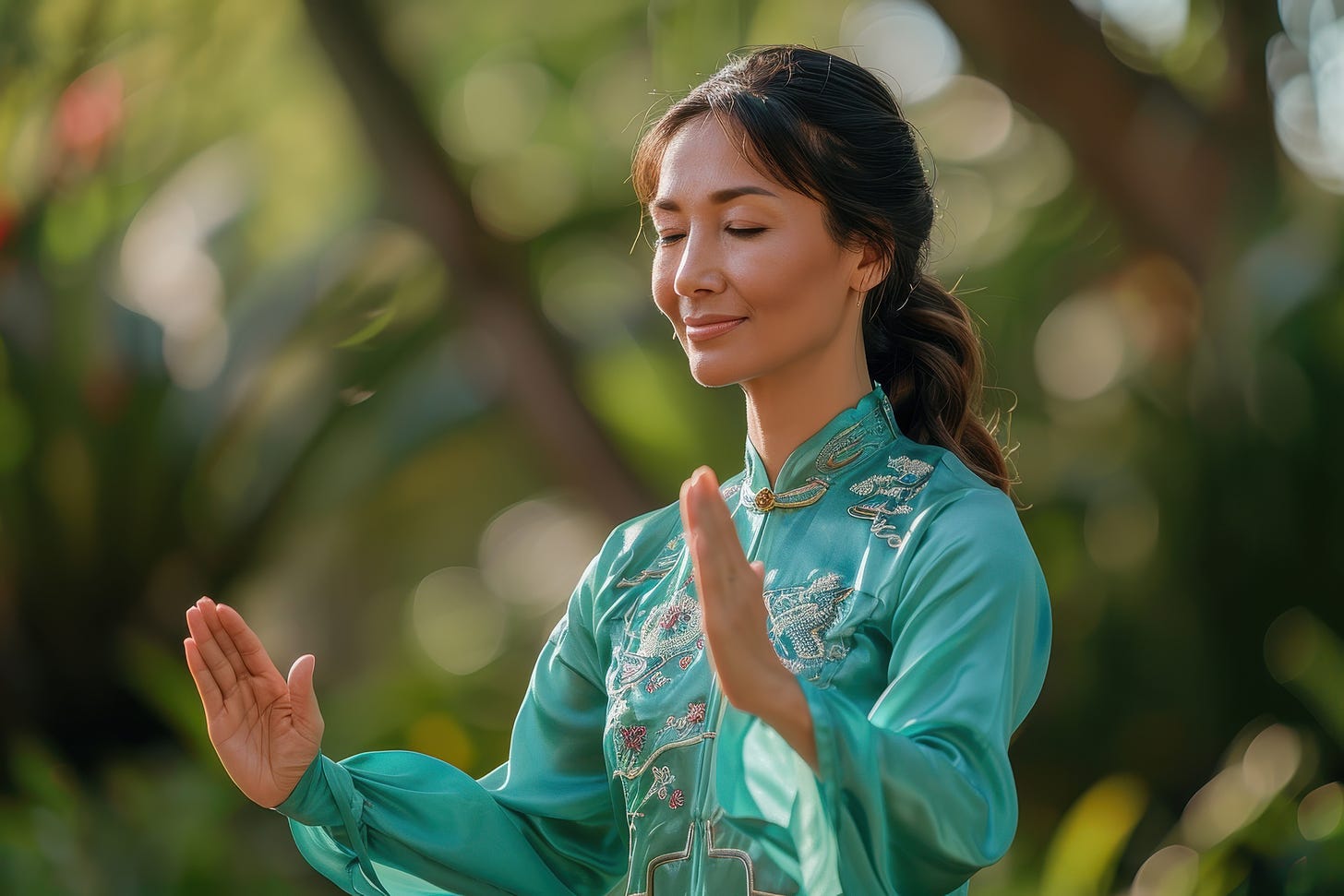Peer-Reviewed Research: Baduanjin Qigong Benefits for Breast Cancer Survivors
Enhancing Heart Rate Variability, Reducing Depression, and Improving Quality of Life
The study "The Health Effects of Baduanjin Exercise in Breast Cancer Survivors: A Randomized, Controlled, Single-Blinded Trial" explores the efficacy of Baduanjin, a traditional Chinese Qigong exercise, as a rehabilitation strategy for breast cancer survivors. The trial evaluates the physical and psychological impacts of this low-intensity, mind-body ex…



